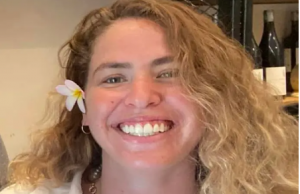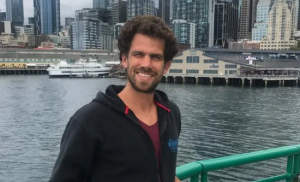India made a veiled reference to Pakistan, in a United Nations Security Council open debate, on Children and Armed Conflict “Attacks against Schools as Grave Violations of Children’s Rights.” India stated, “terror networks spread their tentacles across borders, threatening peace and stability. Children are worst affected as they live with a looming sense of fear and uncertainty and are often deprived of their right to education,” as per PTI.
Speaking at the UNSC debate India requested UN member states to demonstrate a greater political will to ensure perpetrators of terrorism are held accountable for abusing children.
In a statement to the UNSC, India said that terrorist outfits and individuals banned by the Council are directly or indirectly responsible for abusing children’s rights.
India added, “In order to advance child protection agenda of the Council, its synergies with counter-terrorism need to be translated into action.”
India urged member states of the UN council to take comprehensive measures to counter threats to children posed by terrorist groups across the world.
India emphasised at the UNSC that non-state parties in armed conflicts had little regard for upholding their obligations under international law. India added that lack of access to schools and treacherous learning environments make children vulnerable to exploitation and recruitment by terrorists and other non-state actors.
India also asked UNSC to ensure necessary resources for those engaged in the protection of children.
India also asked the UNSC to take note of the prevailing situation in the Sahel region of Africa and added “The terrorists and armed groups are increasingly targeting education facilities leading to school closures. Occupation of schools for military purposes in violation of international humanitarian law is also a contributing factor in this crisis. This has set in motion a range of negative impacts on children, especially girls.”
India added that the COVID-19 pandemic has further compounded the already existing child protection challenges.






